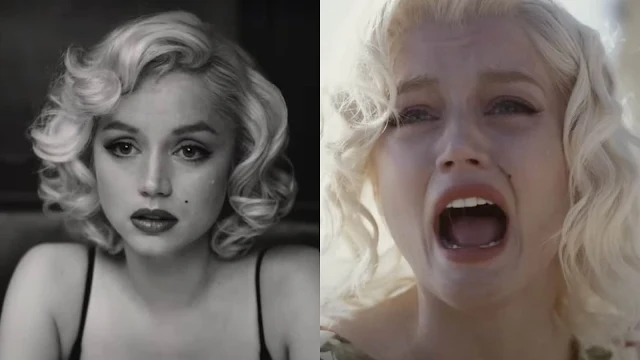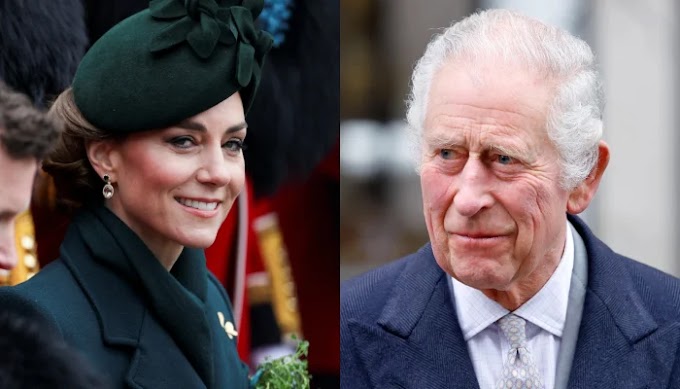Evaluating the Acceptability of Marilyn Monroe's Accent in the Film
The recent release of the dramatic film "Blonde" by Netflix has sparked a
range of opinions regarding Marilyn Monroe's portrayal, particularly in
relation to her accent. In this article, we will delve into the discourse
surrounding Ana de Armas' performance and argue that her accent does not
detract from the authenticity of the character she portrays.
Even prior to the film's debut, discussions arose surrounding De Armas, the
Cuban-born actress chosen to embody Monroe. Critics expressed their concerns
about her Spanish accent when Netflix unveiled the movie's trailer. Some
viewers confessed feeling discomfort and believed that her accent compromised
the realism required for depicting Monroe. A few even suggested that an
American actress should have been cast instead.
While we acknowledge the skepticism and doubt that arose due to a Latina
actress assuming the role of such an iconic American figure, we contend that
the extent of the criticism is exaggerated and unwarranted.
In our assessment, De Armas delivers an exceptional performance in "Blonde."
She successfully captures both the physical resemblance and the essence of
Marilyn Monroe. It is true that traces of her accent are detectable throughout
the film, but we assert that it in no way hinders the quality of her
portrayal.
For individuals who have experienced the process of acquiring a second
language beyond the critical period of early childhood development, it is
widely known that altering one's accent presents significant challenges. I,
too, can attest to this phenomenon. Despite conversing in English on a daily
basis for five years, my Spanish accent remains evident in my speech.
In De Armas' case, however, her journey is truly remarkable. Having relocated
to Los Angeles in 2014, she secured prominent roles in acclaimed films such as
"Blade Runner 2049," "War Dogs," and "No Time To Die."
During an interview at AOL BUILD in New York City in 2016, De Armas candidly
revealed that she had no command of the English language upon her arrival in
Los Angeles. To overcome this obstacle, she dedicated four months of her life
to intensive seven-hour-a-day English classes, emphasizing that her "life
depended on it" in an interview with Vanity Fair.
De Armas serves as an exemplar of courage and unwavering motivation. If more
people took the time to understand the sacrifices she has made to attain
success, they would perhaps view her in a different light.
It deeply concerns us that individuals often judge an actress based solely on
her ethnicity, hastily dismissing her talents—oftentimes without even
familiarizing themselves with her body of work.
In an era that purportedly champions acceptance and equality for all, it is
disheartening to witness actors and actresses from diverse racial and national
backgrounds face unwarranted criticism when portraying American roles.
It is high time for Hollywood, as well as the general public, to bestow
significant roles upon individuals who have earned them through their talent
and unwavering commitment.
From a personal standpoint, observing Latino celebrities like De Armas ascend
in their careers while proudly representing their culture and language fills
me with immense pride. I am confident that countless other Latinos share this
sentiment.
For those who judge De Armas solely based on her portrayal of Marilyn Monroe
and remain hesitant to watch the film, I implore you to give both the movie
and the actress a fair chance. However, if you choose not to indulge, I simply
request that you adopt a respectful and non-judgmental perspective.












